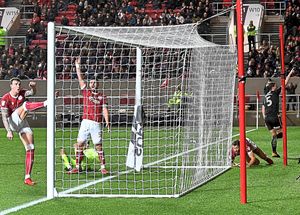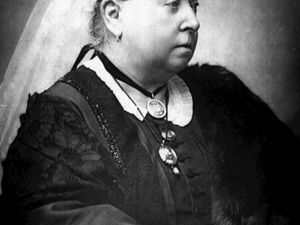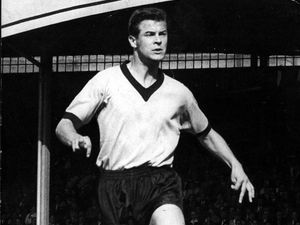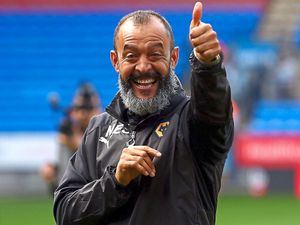Wolves analysis: How goals change games...
As Wolves prepare for a return to the Premier League, Jamie Brassington looks at how the goals scored and conceded last season affected them and what it means going into England's top flight...
Goals scored from set-pieces:
Wolves scored 17 goals from set pieces last season – 10 from corners, five from direct free-kicks and two indirect.
Wolves scored off two important free-kicks to earn a late 2-1 victory against Bristol City when they trailed 1-0 and were 10 men down. Barry Douglas and Ryan Bennett were the goalscorers.
In the earlier reverse fixture, Danny Batth equalised with a header from a corner to finish 3-3. All were important goals. Set-pieces will be crucial for Wolves in the Premier League.
Goals scored from open play:
Wolves scored 65 goals from open play, varying from intricate flowing moves to long-range efforts and quick counter-attacks.
Diogo Jota was heavily involved as a key forward player. One of his memorable goals was against Millwall, where he picked up the ball in his own half, drove through the middle and scored from long range.
Wolves’ free-flowing football will be well suited to the Premier League, which bodes well for them next season.

Goals conceded from set-pieces:
Wolves had the joint-best defensive record in the Championship. But a brittle area for them was conceding from set pieces.
They let in seven goals from corners and three from indirect free-kicks.
Norwich City’s Christoph Zimmermann was left unmarked at the front post to nod home a free-kick during their 2-2 draw.
Wolves could do with an aerial presence at centre-half alongside Conor Coady and Willy Boly.
Goals conceded from open play:
Twenty-six goals were conceded from open play last season – with 11 of those from crosses into the box off the flanks.
Against Cardiff during their 2-1 loss, Junior Hoilett skipped past the Wolves defence before crossing the ball into the box for Joe Ralls, who was in space, to score.
Nuno will be aiming to tighten his defence next season when they play against trickier and stronger opposition who are good passers of the ball.
Goals scored by defenders:
Wolves’ defenders scored 16 goals. Boly and Batth were big presences in the box converting headers from crosses while Douglas and Matt Doherty scored from the flanks.
Douglas also scored two free-kicks. Nuno will be relying on his defenders to score from set-pieces next season.
Alongside another centre-half, Wolves could do with another wing-back to be more competitive and provide dangerous delivery.
Goals scored
by midfielders:
Ruben Neves was the stand-out midfielder, showing his class with his vision and composure on the ball.
All six of his goals were scored from outside the box, including his stunning 35-yard volley against Derby.
Fans will just be hoping to see the same against the likes of Manchester City.
Romain Saiss and Alfred N’Diaye also contributed with goals, but Wolves could do with more goals from here.
Goals scored by attackers:
Wolves had a superior attacking force with wingers Jota, Cavaleiro, Helder Costa and forwards Afobe and Bonatini.
Wolves could rely on them to get the goals, especially top goal-scorer Jota, who amassed 18.
The wingers were particularly dangerous down the flanks and Nuno will be hoping they can cause Premier League defences trouble.
But with Bonatini and Afobe likely going, they will need a clinical forward. The goalkeepers will be of better quality next season.

Hitting the front:
In 32 games – in all competitions – Wolves went on to win after scoring the first goal.
It shows they were clinical in seeing games out and rarely let their advantage slip.
Nuno will be hoping his team keep their discipline next season when Wolves come up against bigger and better opposition.
Coming from behind:
One key feature of Wolves’ season was their fighting spirit.
They came from behind on six occasions to either draw or win, including victories over Bristol City and Barnsley.
That fighting spirit will be important in the Premier League, especially with their backs to the wall.
Conclusion
Wolves can take plenty of positives going into the Premier League.
They were strong both in attack and defence in the Championship, so a large part of their task will be to replicate that form.
But there are areas Nuno will be aiming to address.
Perhaps a few more key signings would be necessary to strengthen the ranks – especially a big centre-half and a proven striker to take the goalscoring burden off the likes of Jota, Costa and Cavaleiro.





